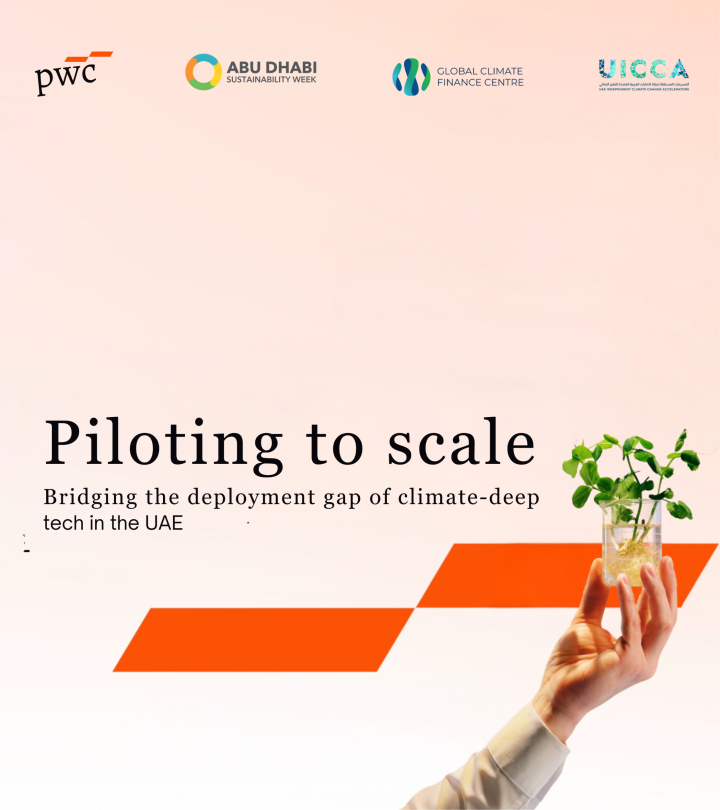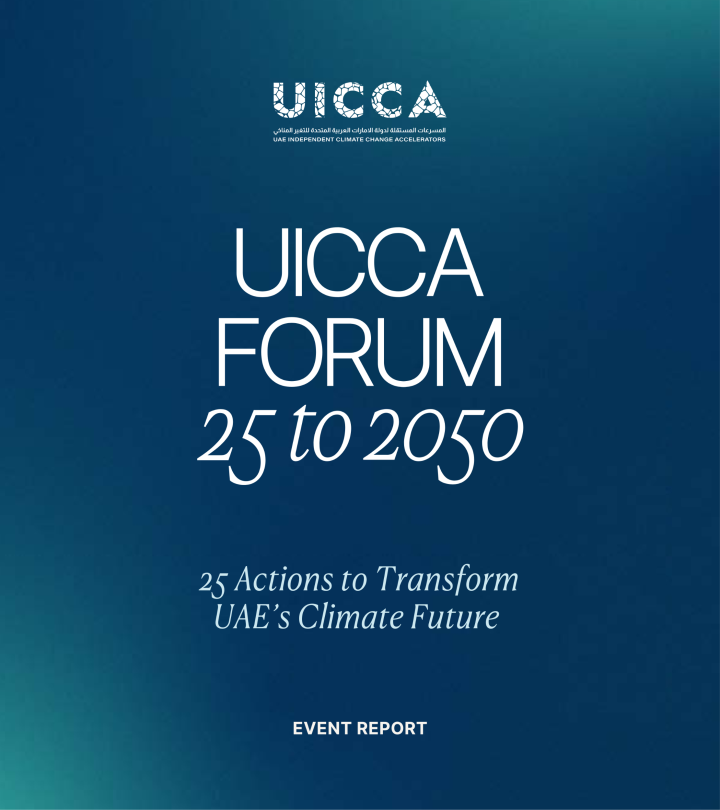This research report analyses challenges and opportunities for UAE industry with the implementation of the Carbon Border Adjustment Mechanism (CBAM) by the European Union (EU) and United Kingdom (UK). This report also provides recommendations on how the public and private sectors in the UAE can adapt to CBAM. CBAM is designed to prevent “carbon leakage,” where manufacturing relocates from countries with stringent emission regulations to those with lax standards. It imposes a tax on the carbon content of imports from certain sectors.
The report synthesises data collected over the course of a yearlong partnership between UICCA and the British Embassy in the UAE. This project included three policy dialogues, a stakeholder consultation, and extensive desk research. This report provides actionable recommendations for how the UAE can mitigate the effects of CBAM on local industry, while making policies that promote decarbonisation.





